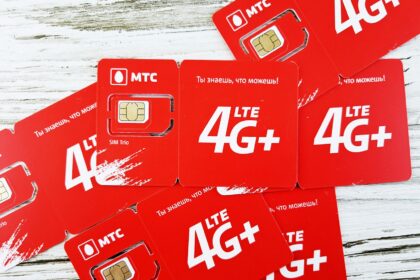Imagine waking up to find your city’s computers locked – no water bills paid, parking tickets stuck, property taxes frozen. That’s exactly what happened to Baltimore residents for months after hackers hit the city with ransomware. Now, the mastermind behind this cyber chaos has admitted guilt in a U.S. court.
From Tehran to Raleigh – hacker’s downfall
Sina Gholinejad, a 37-year-old Iranian national, pleaded guilty this week to launching ransomware attacks that paralyzed multiple American cities. His weapon of choice? “Robbinhood” ransomware – though there’s nothing heroic about holding public services hostage for bitcoin payments.
The U.S. Department of Justice revealed Gholinejad’s cyber gang caused $19 million in damages to Baltimore alone. “Our online services turned into digital ghost towns,” recalls Maria Sanchez, a small business owner who couldn’t process property taxes for 12 weeks. “It felt like our city got kidnapped.”
How the digital shakedown worked
The hackers’ playbook was ruthless but effective:
1. Break into city computers using stolen passwords
2. Encrypt critical files with unbreakable locks
3. Demand bitcoin payments (Baltimore’s price tag: $76,000)
4. Threaten to leak sensitive data if cities didn’t pay
Greenville, Yonkers and Gresham fell victim to similar attacks. Hackers even targeted hospitals and charities – turning life-saving systems into bargaining chips.
Why this guilty plea matters
Gholinejad’s arrest at a North Carolina airport in January exposed a global operation. The FBI tracked his gang’s digital fingerprints through:
– Bitcoin ransom payments
– Hacked servers in Europe
– Virtual private networks masking their location
“This isn’t just about money – it’s about protecting our way of life,” says cybersecurity expert David Krawczyk. “When hospitals and water systems get hit, real people suffer.”
What’s next for digital extortionists?
With sentencing scheduled for August, Gholinejad faces up to 30 years in federal prison. But the real victory? “We’re sending a message to hackers worldwide,” declares U.S. Attorney Matthew Galeotti. “Cybercrime has real-world consequences.”
As cities slowly recover, Baltimore’s IT department now runs weekly ransomware drills. “We treat every email attachment like a potential time bomb,” admits city tech supervisor Jamal Porter. For everyday citizens, the lesson is clear – in our connected world, digital defense is everyone’s business.
























